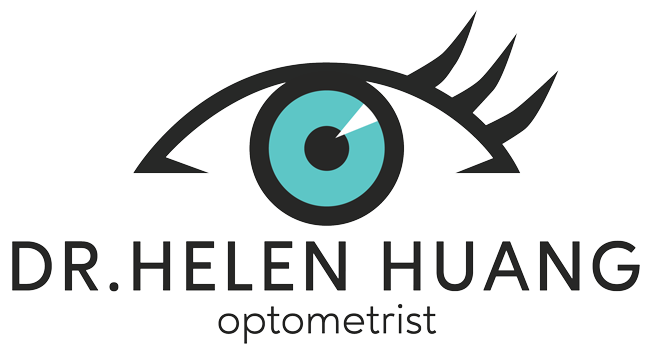
Diabetes, a disease that affects the body's ability to produce or use insulin effectively, causes high blood sugar levels. The longer an individual has diabetes, particularly if their blood sugar levels are not well controlled, the higher the risk of developing this eye condition.
Symptoms of Diabetic Retinopathy
The early stages of diabetic retinopathy may not present any symptoms or just mild vision problems. However, as the condition progresses, symptoms can become more severe and noticeable.
Common symptoms of diabetic retinopathy include blurred vision, fluctuating vision, spots or dark strings floating in your vision, dark or empty areas in your vision, and vision loss. Depending on the stage of the disease, these symptoms can range from mild to severe. In some cases, diabetic retinopathy can cause sudden vision loss if a significant amount of blood leaks into the vitreous.
The Importance of Early Detection
Early detection is crucial in the management of diabetic retinopathy. The early stages of the disease often present no symptoms, and by the time symptoms occur, the condition may have already progressed to a more severe stage. Fortunately, with regular eye exams, it's possible to detect diabetic retinopathy in its early stages, even before symptoms appear.
Regular eye exams can identify changes in your vision and any abnormalities in your retina. If your eyes are healthy, you might need an eye exam every one to two years. However, if you have diabetes, you should have a comprehensive eye exam at least once a year or as recommended by your doctor.
Prevention Strategies for Diabetic Retinopathy
While you can't always prevent diabetic retinopathy, you can reduce your risk and slow its progression. Here are some strategies to help prevent diabetic retinopathy:
Firstly, manage your diabetes by controlling your blood sugar levels. This can involve taking your medication as prescribed, following a healthy diet, and getting regular exercise. Secondly, monitor your blood pressure and cholesterol levels. High levels can increase your risk of diabetic retinopathy, so it's essential to keep them under control. Regular medical check-ups can help monitor these levels and ensure they are within the healthy range.
Additionally, if you smoke, consider quitting. Smoking increases your risk of various diabetes complications, including diabetic retinopathy.
Treatment Options for Diabetic Retinopathy
While there's no cure for diabetic retinopathy, prompt treatment can stop or slow the disease's progression and prevent vision loss. The best treatment for you will depend on the stage of your disease and your specific symptoms.
In the early stages of diabetic retinopathy, good diabetes management can often slow the disease's progression. This includes controlling your blood sugar levels, blood pressure, and cholesterol levels. However, if the disease has progressed, more aggressive treatment options may be required.
Laser treatment is often used to treat proliferative diabetic retinopathy. This treatment uses a laser to seal off leaking blood vessels in the retina and inhibit the growth of new, abnormal blood vessels.
In more severe cases, a procedure called a vitrectomy may be necessary. This surgical procedure removes the vitreous gel from the eye, along with any blood that has leaked into it. The vitreous is then replaced with a clear solution to maintain the eye's shape.
Recent advancements in medical science have also introduced medications that can be injected into the eye to help control diabetic retinopathy. These medications, known as anti-VEGF drugs, inhibit the growth of new, abnormal blood vessels in the retina.
Navigating through Diabetic Retinopathy
Diabetic retinopathy is a serious complication of diabetes that can lead to vision loss if not diagnosed and treated early. While the disease can be frightening, understanding its causes, symptoms, and treatment options can give you the tools to manage it effectively.
For more information on diabetic retinopathy, visit Dr. Helen Huang at our office in Fontana, California. Call (909) 355-3156 to schedule an appointment today.








